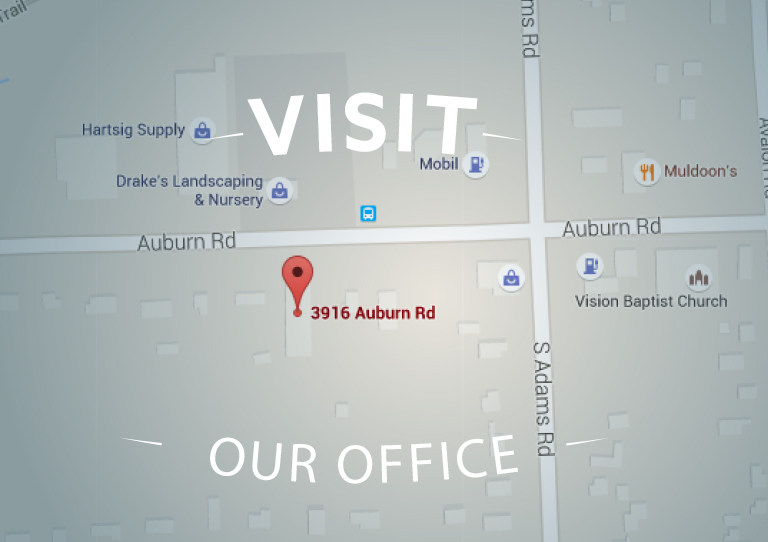 TMJ disorder isn’t as recognizable a dental condition as tooth decay or gum disease. Therefore, many people who have it don’t even realize it, and may be surprised at the variety of aches and pains it may be responsible for. This is because TMJ disorder, which affects the temporomandibular joints on either side of your jaw, describe specific types of damage, misalignment, inflammation, or more troubles with one or both of your jaw joints. If you have TMJ disorder, then your dentist may be able to help you diagnose your condition and find an appropriate treatment for it, such as a custom-designed TMJ appliance.
TMJ disorder isn’t as recognizable a dental condition as tooth decay or gum disease. Therefore, many people who have it don’t even realize it, and may be surprised at the variety of aches and pains it may be responsible for. This is because TMJ disorder, which affects the temporomandibular joints on either side of your jaw, describe specific types of damage, misalignment, inflammation, or more troubles with one or both of your jaw joints. If you have TMJ disorder, then your dentist may be able to help you diagnose your condition and find an appropriate treatment for it, such as a custom-designed TMJ appliance.
Common signs of jaw pain
TMJ disorder is a jaw dysfunction, and as such, it typically manifests itself in the form of pain and discomfort in your jaw. For example, when you open and close your bite, you may feel popping or clicking sensations in one or both joints. The strain from their discomfort can also cause your TMJs to become sore and sensitive, often painful, whenever you try to bite and chew for the rest of the day. Signs of jaw dysfunction are common results of one or both of your TMJs becoming compromised and unable to function as its supposed to.
More diverse symptoms of TMJ disorder
Jaw pain and discomfort can often give away the presence of TMJ disorder, but in many cases, detecting the condition may be more difficult. Other signs and symptoms of the disorder can include many that don’t seem related to your oral health at all, such as chronic headaches and the development of tinnitus (pain and ringing in your ears). Many such symptoms occur due to a disturbance in your trigeminal nerves, which are located near your TMJs. Any dysfunction in the joints can lead to a wide range of aches and pains in areas along the nerves’ pathways.
Conditions related to TMJ pain
The discomfort caused by dysfunctional jaw joints can vary greatly among patients with TMJ disorder, and the confusion can grow even more if the disorder results in other subsequent oral health concerns. For example, bruxism (or chronic teeth-grinding) is often closely related to TMJ disorder, either as a cause for it or a symptom of it. If you exhibit chronic aches and pains that you can’t explain, and also notice yourself grinding your teeth more often than usual, these may be indications that you could benefit from personalized TMJ treatment.
Find out if you need a TMJ appliance
While TMJ disorder may be different for everyone, many people who have it can find lasting relief from its symptoms with the help of a custom-designed TMJ appliance. To learn more, schedule an appointment or initial consultation by calling Advanced Dental Concepts in Auburn Hills, MI, today at (248) 852-1820.



